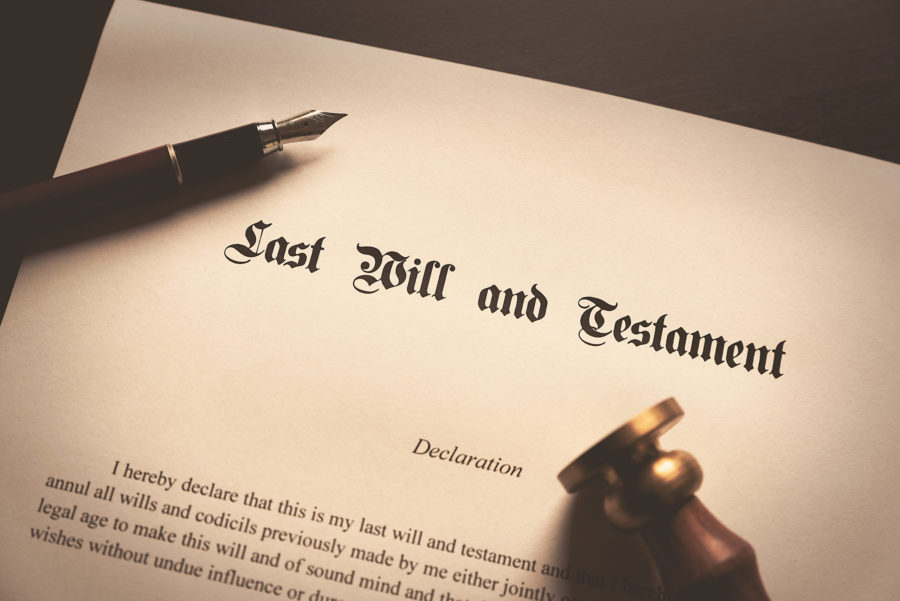
How Long Do You Have to File Probate After Death in North Carolina?

Handling and closing a deceased family member’s estate is a lot to deal with when you are already grieving. This process, which the North Carolina courts call “probate,” starts when the deceased’s designated heir or someone with a valid claim to administer the estate visits the Clerk of Court in the deceased’s home county and submits the necessary forms. Because the probate process can be complex and often takes at least several months, it’s best to start as soon as possible.
The Gastonia estate administration lawyers at Mullen, Holland & Cooper P.A. know all the ins and outs of probate, and we can help you close a deceased family member’s estate while you work through your grief. We understand that dealing with complex legal matters is challenging after a family member’s death, and we can simplify that process for you.
Who Files for Probate in North Carolina?
If the deceased named an executor of their estate in their will, the executor typically files the paperwork to start the probate process. The Clerk of Court in the deceased’s home county will examine the will to ensure it’s valid. Assuming the will is valid, the Clerk of Court will give the executor the necessary documents to manage the deceased’s estate.
If someone dies in North Carolina and did not have a will or did not name an executor, the deceased’s surviving spouse, children, other beneficiaries, or other next of kin can apply to serve as the estate administrator. Potential estate administrators cannot apply until at least 60 days after the deceased’s death. If the deceased did not name an executor and no one applies to administer the estate, the courts will choose someone.
Deadline to Start Probate in North Carolina
There is no law saying when a designated executor must start the probate process within a specific timeframe. However, the general expectation is that the executor will begin the process within 60 days after the deceased’s death. If they wait any longer, other parties can apply to become the estate administrator, which could lead to an extended legal battle. Furthermore, part of closing someone’s estate is paying whatever taxes they owe and settling debts. If a designated executor waits too long to start the probate process, they or the estate might face legal action from tax authorities or creditors.
How Long Does Probate Take in North Carolina?
The probate process in North Carolina typically takes about six months to a year. However, this can vary greatly depending on several factors, including the estate’s complexity, the executor’s efficiency, and whether there are any disputes about the will or the estate. In general, this is the timeline of probate in North Carolina:
- Notice to Heirs, Devisees, and Creditors: North Carolina law requires the personal representative to send a notice to all beneficiaries named in the will, to the decedent’s heirs, and to the known creditors of the estate. This should happen within three months of someone being named the estate’s executor.
- Inventory and Appraisement: The executor must file an inventory of the deceased’s assets within three months of being appointed, though the courts sometimes grant an extension.
- Paying Debts and Distributing Assets: The executor must pay any valid claims against the estate, handle any necessary taxes, and distribute the remaining assets to the deceased’s beneficiaries. This process could take several months, sometimes more than a year for complex estates.
- Closing the Estate: Once all debts and taxes have been paid and assets distributed, the executor files a final account with the court and asks to close the estate. This could occur a few months after the distribution of assets.
The Gastonia probate attorneys at Mullen, Holland & Cooper P.A. can take the burden of the probate process off your shoulders, giving you the time you need to heal after a family member’s death. Call us at (704) 864-6751 or complete our contact form for a consultation.






